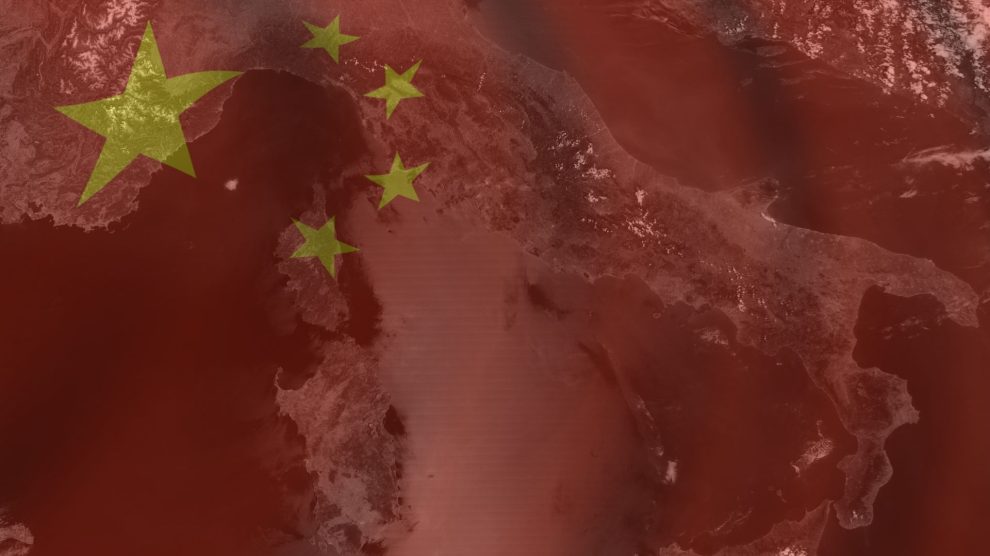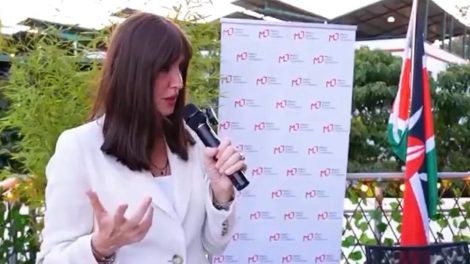Look ahead. 2023 will be crucial for Italy’s China policy, after it became the first and only G7 country to have joined the Belt and Road Initiative (aka the New Silk Road). By the end of the year, the government in Rome will have to decide whether or not to renew the agreement signed in March 2019.
- Back then, Chinese President Xi Jinping flew to Rome to sign a Memorandum of Understanding about Italy’s adherence to the Belt and Road Initiative with then-Prime Minister Giuseppe Conte.
- Later, during his tenure as PM, Mario Draghi de facto froze the MoU that would have entailed Italy entering the massive infrastructural and investment project.
- As US Deputy Secretary of State Wendy Sherman noted, Italy “has [had] eyes very wide open about the [People’s Republic of China], about their coercive actions around the world” since the Draghi government.
The upcoming deadline. The MoU states that it “will remain valid for five years and will be automatically extended for subsequent five-year periods and so forth, unless terminated by either Party by giving the other Party a written notice at least three months in advance.”
- Meaning: if it wants to leave, Italy must notify China by Christmas – sending a powerful political signal – and risk a reaction from Beijing.
- Alternatively, it can simply drop the matter, let the agreement be quietly renewed automatically, avoid tensions, and (if it wants to) ignore the MoU since it “does not constitute an international agreement from which rights and obligations under international law can derive.”
Where does the government stand? On the campaign trail, PM Giorgia Meloni called the MoU “a big mistake.” And in November, Defence Minister Guido Crosetto noted it’s “unlikely” she will renew it.
- “We will remain consistent with what we said when others wanted to sign that memorandum,” he said, referring to brothers of Italy – the party he and PM Meloni co-founded – criticising the MoU in 2019 from the opposition desks.
An ongoing effort. “China Hasn’t Given Up on the Belt and Road” wrote Matt Schrader and J. Michael Cole – respectively Adviser and Senior Adviser for China at the International Republican Institute – on Foreign Affairs.
- Though the BRI project experienced several setbacks, note the authors, Beijing did not abandon it: it’s currently in the process of readjusting both its aims and communication around it.
- The BRI is one of the main topics for the new Chinese ambassador to Rome, Jia Guide.
- “China’s party-state is quickly learning what the United States discovered after its own emergence as a superpower: that changing other societies is a complicated, messy business, and that trying to do it through large infusions of cash can backfire in damaging ways.”





